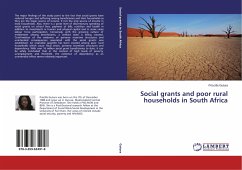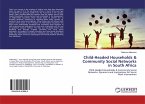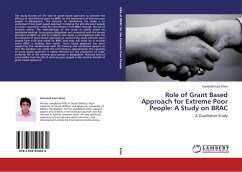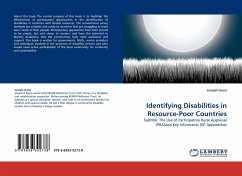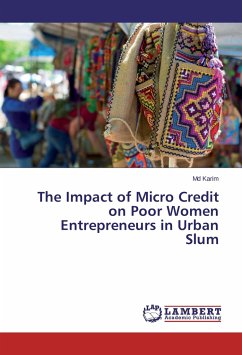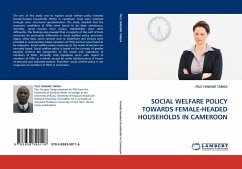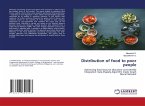The major findings of the study point to the fact that social grants have reduced hunger and suffering among beneficiaries and their households as they are the major source of income, if not the only source of income in most households. Also, there is a great level of discretionary spending of social grants on school fees, payment of bills, nutrition and health in addition to investments in human and physical capital and in some cases labour force participation. Conversely, with the growing culture of entitlement among beneficiaries, a welfare state is being created. Confirmation of the existence of perverse incentive structures and unintended consequences associated with the social grants was established. An insatiable appetite has been created among poor rural households which cause fiscal strain, perverse incentives structures and dependency. With over 16 million social grant beneficiaries to date, it can be safely concluded that in the context of high levels of poverty, unemployment and HIV/AIDS, the existence of dependency as an unintended effect seems relatively important.
Bitte wählen Sie Ihr Anliegen aus.
Rechnungen
Retourenschein anfordern
Bestellstatus
Storno

